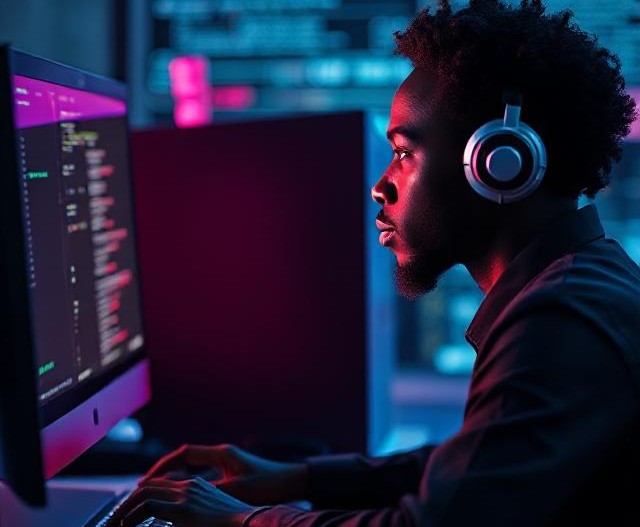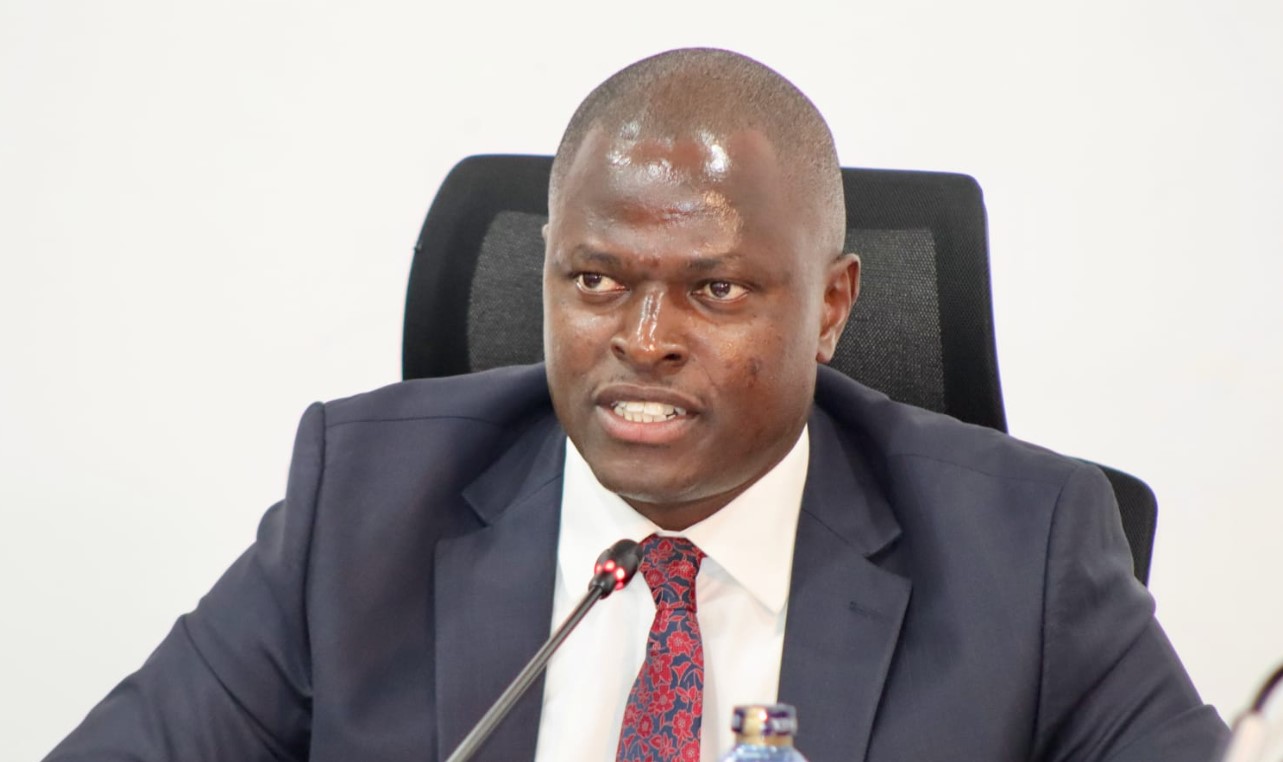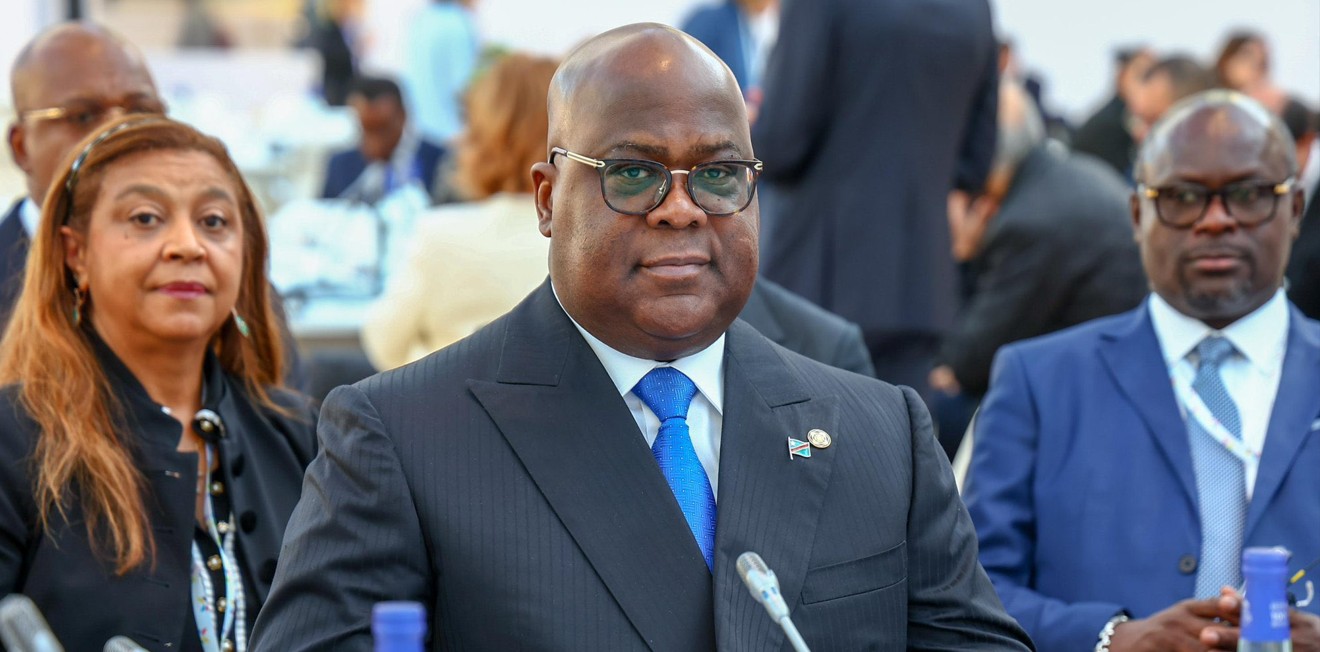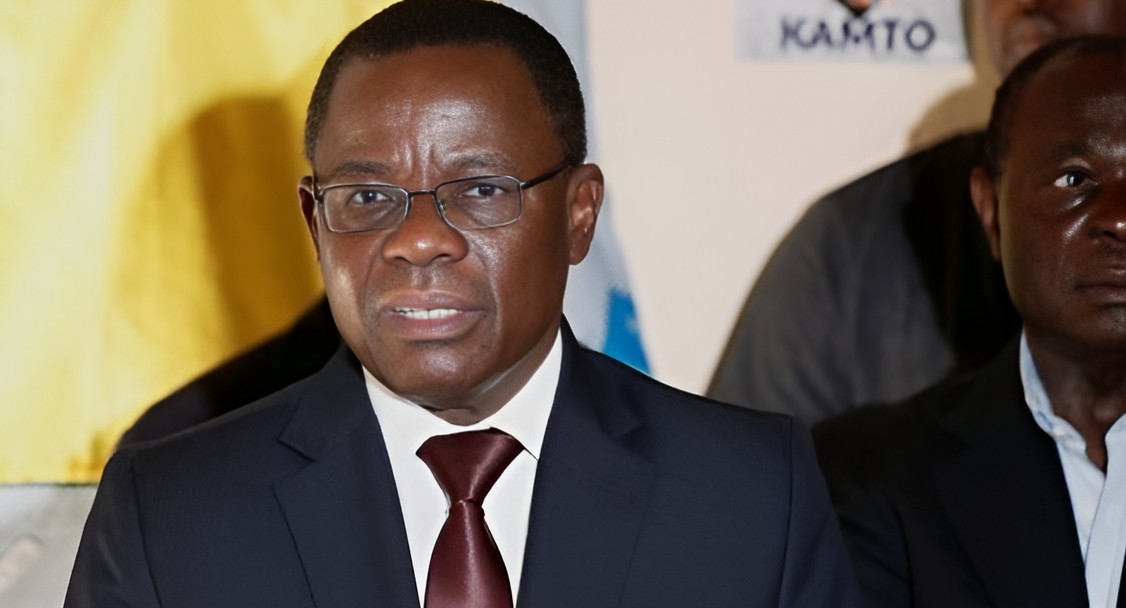Artificial Intelligence: The new best friend? How people are turning to AI for life decisions

Chatbots and virtual assistants are filling the emotional and advisory gaps that were once the domain of human connections, raising the question of whether AI is becoming the best friend of the digital age.
A few years ago, if someone had a relationship dilemma, a career decision or a personal crisis, they would likely turn to a close friend, relatives, a trusted mentor, or even a therapist for guidance.
Today, Kenyans are finding a different kind of confidant: Artificial Intelligence (AI).
More To Read
- Elon Musk’s xAI to launch text-to-video feature for Grok chatbot in October 2025
- ChatGPT 'therapy sessions' are not private, warns OpenAI CEO Sam Altman
- OpenAI set to launch GPT-5 in August, promises major leap in AI performance
- Kenya among African nations to benefit from Google’s Sh904 million AI funding
- AI chatbots can boost public health in Africa - why language inclusion matters
- ChatGPT now handles over 2.5 billion prompts a day, OpenAI confirms
Chatbots and virtual assistants are filling the emotional and advisory gaps that were once the domain of human connections, raising the question of whether AI is becoming the best friend of the digital age.
For many, AI is no longer just a tool but a trusted companion, always available at the touch of a button.
Whether it’s relationship troubles, financial planning, or even fitness goals, chatbots offer instant advice with no judgment.
“I started chatting with AI just for fun,” says Sharon Mutheu, a 28-year-old accountant in Nairobi.
“But over time, I realised it was giving me insightful advice about my career and personal growth. I ask it things I wouldn’t ask my friends because I feel like AI won’t judge me. ”
Sharon is not alone. Many Kenyans, especially young professionals, are turning to AI for conversations and life decisions, valuing the non-judgmental and immediate responses these tools provide.
The ease of accessibility and privacy AI offers is proving to be a game-changer.
Initially, AI-powered platforms were mainly used for basic search queries, such as how to cook pilau, directions to the nearest chemist, or the latest news updates.
Deeper inquiries
But as AI became more sophisticated, people began using it for deeper inquiries, from personal finance strategies to complex emotional struggles.
“People ask AI everything now. They trust it with personal issues the same way they would trust a best friend,” says James Ochieng, a tech consultant in Westlands.
“Some even ask it how to end relationships, type or reply messages in case scenarios, handle workplace conflicts, or improve mental health. It has become a go-to life coach for many.”
Ochieng says that one of the major appeals of AI is that it provides a wealth of information without the social complexity involved in human interactions.
“Unlike friends or family who may be biased and may not offer you a timely advice due to their busy schedule, AI offers neutral, research-based insights, drawing from a vast database of information., and that is my people nowadays prefer it.”
Therapy in Kenya can be expensive, putting it out of reach for many people who would rather ask AI, than physically go seek mental health support from a coach.
In this gap, AI chatbots that offer mental health support have become popular.
“I was going through a tough time and couldn’t afford therapy,” says Kevin Mwai, a university student in Thika.
“So I tried an AI mental health chatbot. It wasn’t perfect, but it helped me manage stress and gave me coping strategies that actually worked.”
AI platforms designed for mental well-being, such as Woebot and Wysa, use cognitive behavioral therapy (CBT) techniques to help users manage anxiety and depression.
Though they do not replace professional help, which is often accompanied by human interaction, they offer an alternative for those who might otherwise have no support.
Can AI replace human relationships?
Despite the convenience and accessibility of AI, experts warn that relying on it for emotional support and major life decisions comes with risks. Unlike humans, AI lacks genuine empathy and real-life experience.
“AI can provide helpful information, but it cannot truly understand human emotions,” says Dr. Angela Mutua, a psychologist based in Nairobi.
“It may offer logical advice, but it won’t replace the emotional depth and connection that real human relationships provide.”
There is also the issue of privacy and security. Many AI-powered platforms collect data from users, raising concerns about how personal information is stored and used.
“People should be cautious about what they share with AI. These platforms are not confidential in the same way a human therapist or friend would be,” Dr. Mutua adds.
“We are not sure if in the long run, this information we share with AI, can at some point be used against us, so I urge Kenyans to be more cautious with what they share not only with AI, but also what they post online.”
Where does this leave human connections?
While AI is undoubtedly changing the way people seek advice and companionship, it is unlikely to fully replace traditional human relationships. Instead, it is becoming a complementary tool, filling gaps where human support may be lacking but still coexisting with the need for personal interaction.
“I still talk to my friends and family, but AI is like an extra resource,” says Sharon.
“It helps me think through things before I talk to people about them.”
As AI continues to evolve, it is clear that it will play an even bigger role in shaping conversations, decision-making, and emotional support.
“But in the end, human connections remain irreplaceable, because no matter how intelligent AI becomes, it still cannot offer a comforting hug, a reassuring voice, or the warmth of real companionship.” Dr Mutheu says.
I believe we can learn a lot from AI about being straightforward and dependable. Maybe if we adopted some of these qualities, trust would not be so hard to come by.
Top Stories Today
- Education Ministry denies capitation cuts amidst funding confusion
- Kiharu MP Ndindi Nyoro removed from Budget Committee
- Raila moves to quell ODM storm, chairs meeting to end internal rift over Ruto alliance
- Court terminates abduction case against 15 SSU officers linked to murders of Indian nationals
- Cameroon’s Maurice Kamto appeals presidential poll disqualification
- Mediheal founder Swarup Mishra rejects organ trafficking report














































